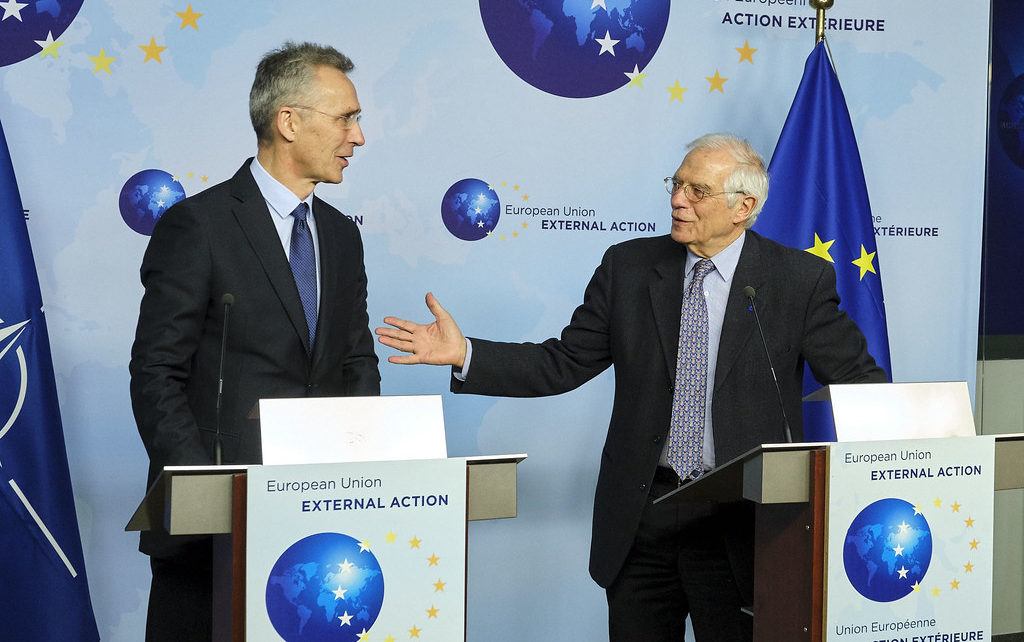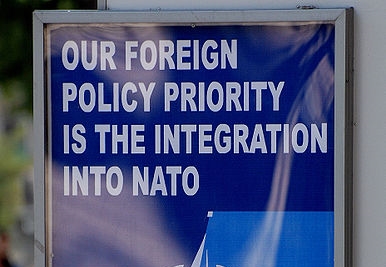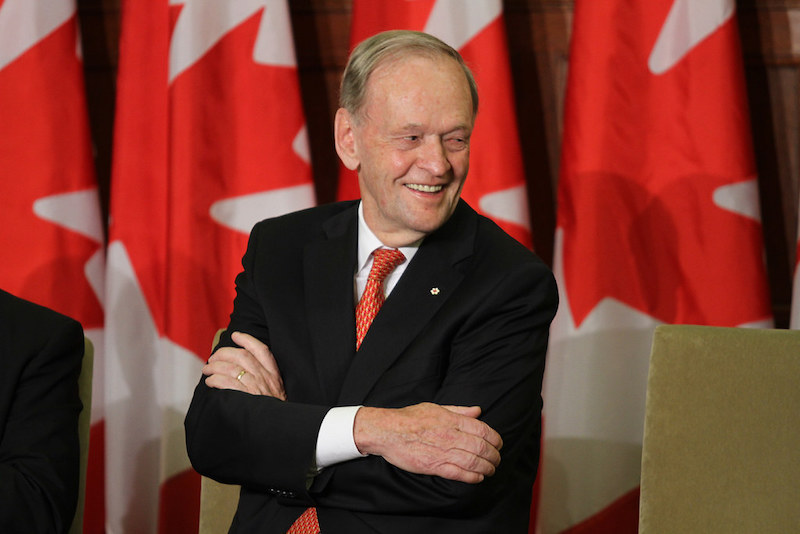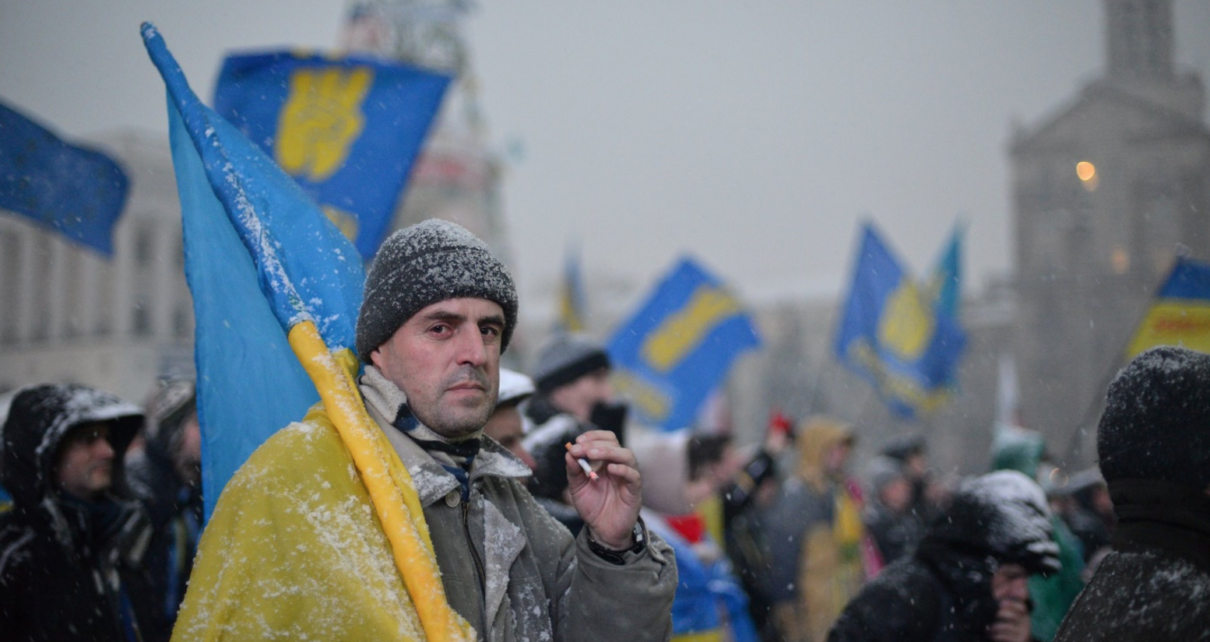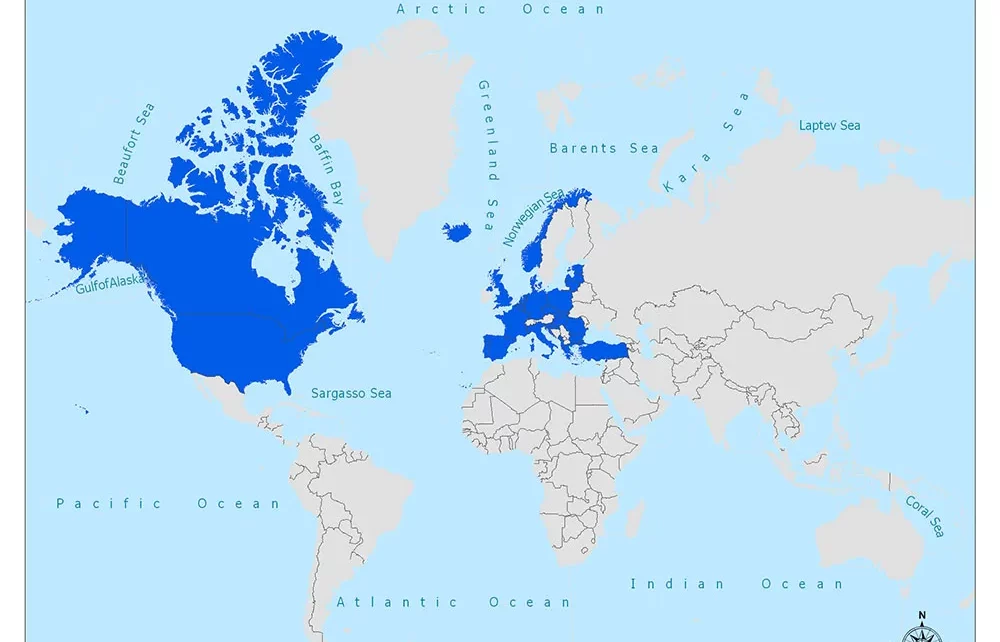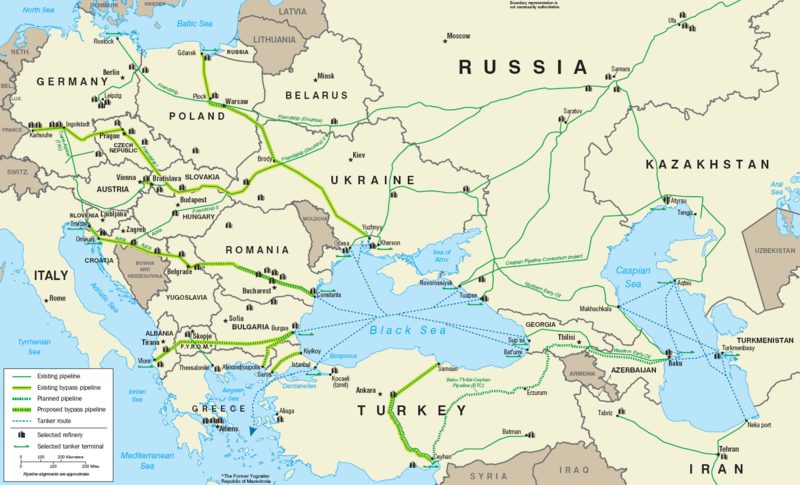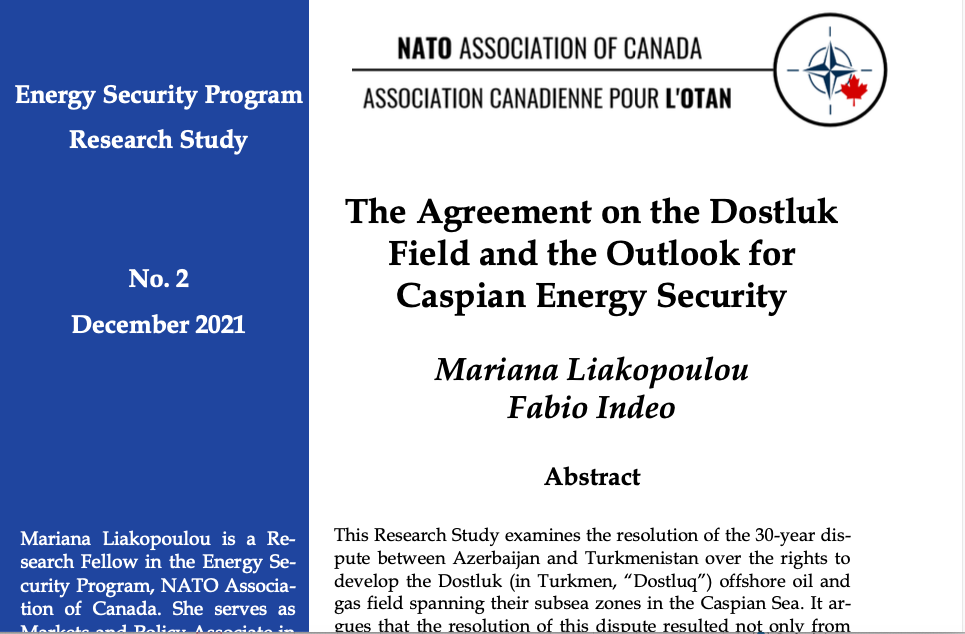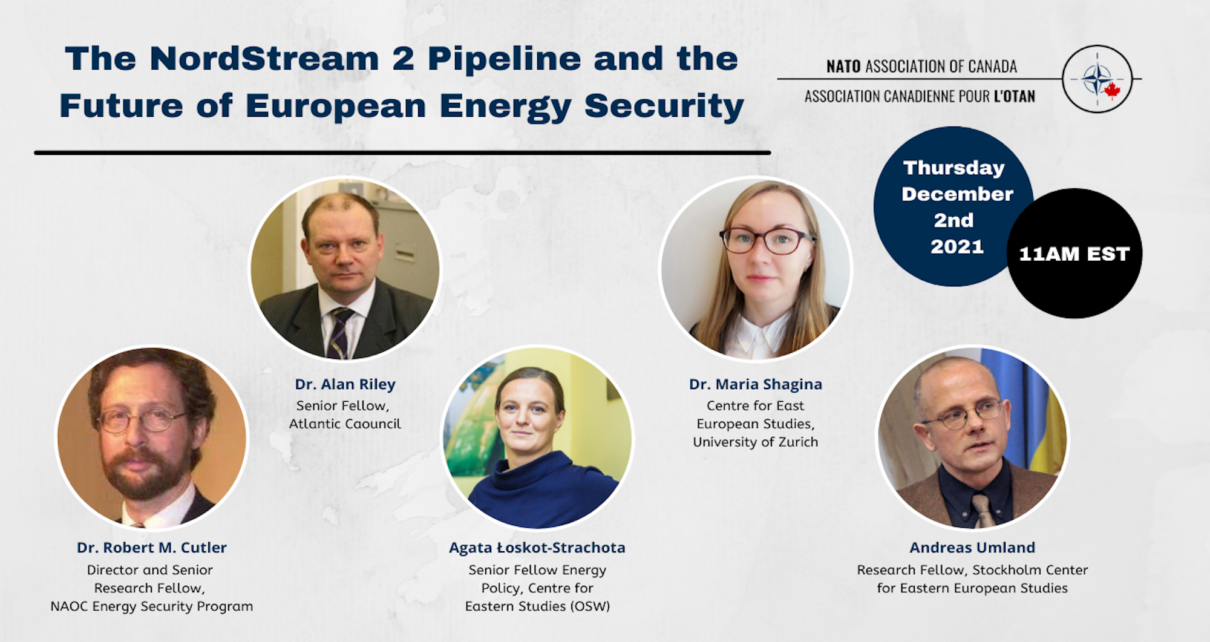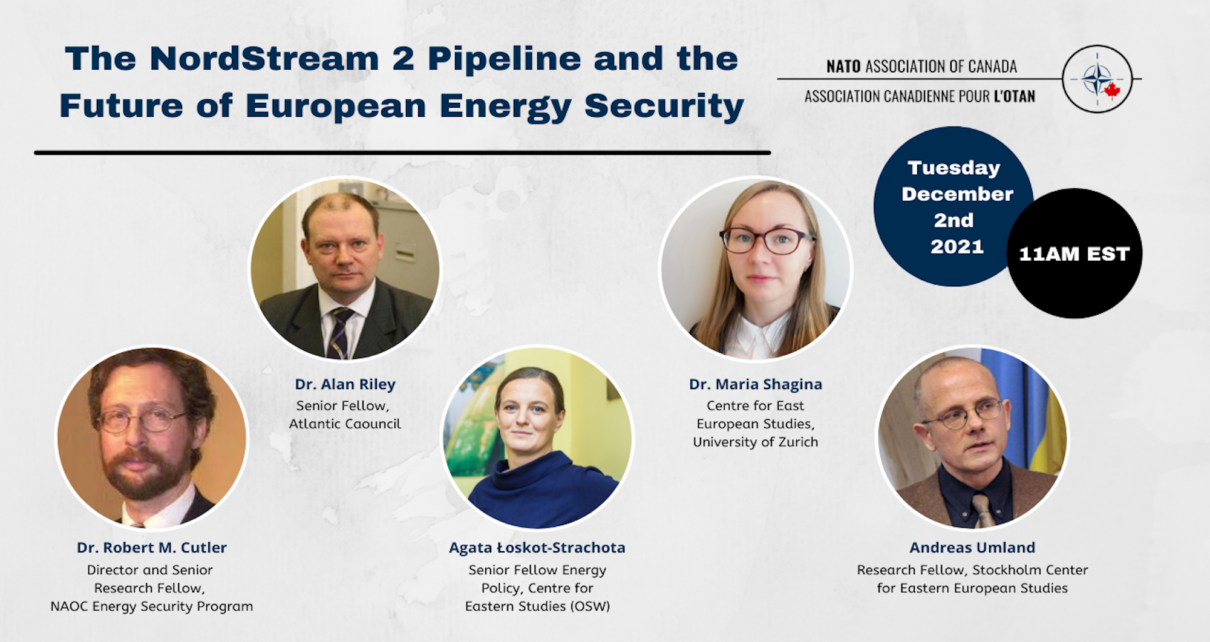Russia’s invasion of Ukraine has created an existential crisis for European security and demanded greater European strategic responsibility. Currently, European NATO members and the EU are on a mission to decouple from energy dependence on Russia. They are also committed to recapitalizing their armed forces. How these multi-billion-dollar investments are spent will be critical to Read More…
Tag: Russia
The Role of the Transatlantic Bond and Democratic values as a Prerequisite for the Relevance of NATO: Ukraine and the Pandora Box Dilemma
There is an ongoing debate whether there is a linkage between the importance of transatlantic values and the level of effective commitment that might contribute to the enduring success of the North Atlantic Treaty Organization (NATO). In my strongest opinion, there is a precondition to how our alliance can achieve success in the future. And Read More…
A Decade of Engagement: Jean Chrétien and NATO
Significant international events—the breakup of Yugoslavia, NATO enlargement, the invasions of Afghanistan and Iraq, to name a few—occurred during Jean Chrétien’s decade as prime minister. This retrospective examines Chrétien’s foreign policy with a specific emphasis on his government’s engagement with NATO.
Deciphering the Russia-Ukraine War – A Discussion with Professor Marta Dyczok
In this article, Arash Toupchinejad interviews Professor Marta Dyczok from Western University about the socio-cultural and economic implications of the conflict between Russia and Ukraine and the heightened tensions to better assess the status of the situation in Eastern Europe.
Germany’s Misguided Rejection of Nuclear Power
In the early 2000s, German Chancellor Gerhard Schroeder convinced his government to take the decision to phase out all German nuclear power plants by 2036. This decision would eventually make Germany more dependent on the Nord Stream 1 (NS1) pipeline, which entered service in 2011 and runs under the Baltic Sea directly from Russia. Schroeder’s Read More…
What Should be the Maximum Extent of NATO Expansion?
The NATO Association of Canada’s editors share their thoughts this week on what NATO’s expansion (or lack thereof) could look like based on today’s international relations. Olivia Cretella Strategic partnership is a concept that allows for two or more countries to improve or enhance relations in order to maximize their abilities to achieve positive international Read More…
Europe Looks for More Caspian-Region Energy
The EU’s Energy Commissioner Kadri Simson will personally attend the annual interministerial meeting of the Advisory Council on the Southern Gas Corridor in Baku on February 4. She announced this, following a meeting of EU energy ministers in Amiens (France), where they discussed market uncertainties due to Russia’s decrease of flows to Europe and its Read More…
The Agreement on the Dostluk Field and the Outlook for Caspian Energy Security
Download: The Agreement on the Dostluk Field and the Outlook for Caspian Energy Security (19 pages, 385 KB) Title: The Agreement on the Dostluk Field and the Outlook for Caspian Energy Security Authors: Mariana Liakopoulou and Fabio Indio Series: Energy security Program Research Study No. 2 Date: December 2021 Executive Summary This Research Study examines Read More…
The NordStream 2 Pipeline and the Future of European Energy Security
Title: The NordStream 2 Pipeline and the Future of European Energy SecurityFeatured Speakers: Dr. Robert M. Cutler Senior Research Fellow and Director, Energy Security Program NAOC; Dr. Alan Riley Senior Fellow, Atlantic Council; Agata Łoskot-Strachota Senior Fellow, Energy Policy, Institute for Eastern Studies (OSW); Dr. Maria Shagina Centre for East European Studies, University of Zurich; Andreas Read More…
The NordStream 2 Pipeline and the Future of European Energy Security
This event was live broadcast on our YouTube channel, and a recording can be viewed here. Russia’s NordStream 2 gas pipeline to Germany remains very much in the news, especially as winter looms in Europe. What are the chances that the pipeline will overcome legal and regulatory hurdles to enter into service; and if it Read More…

